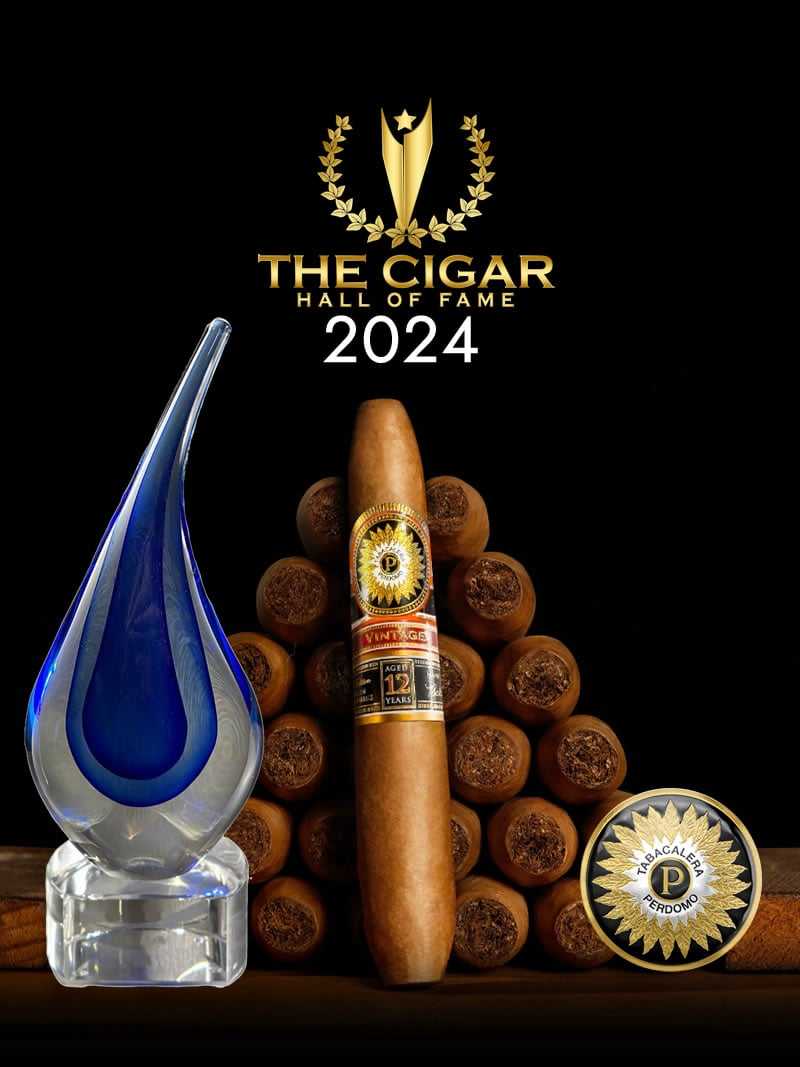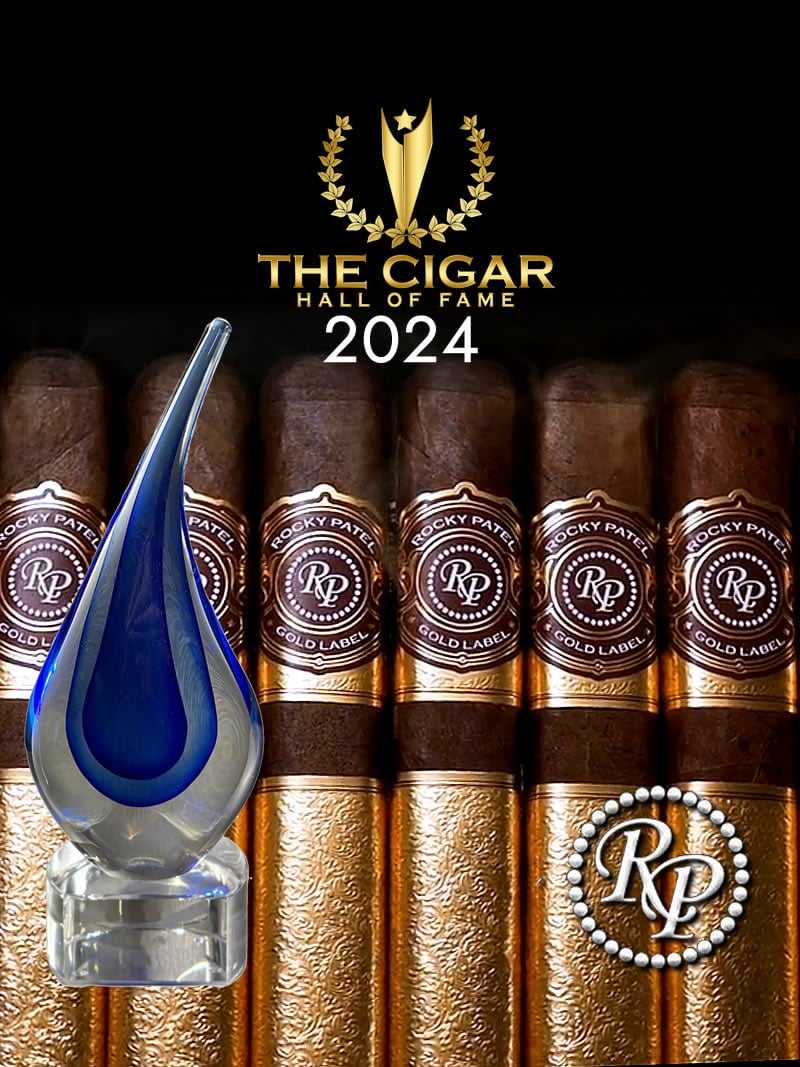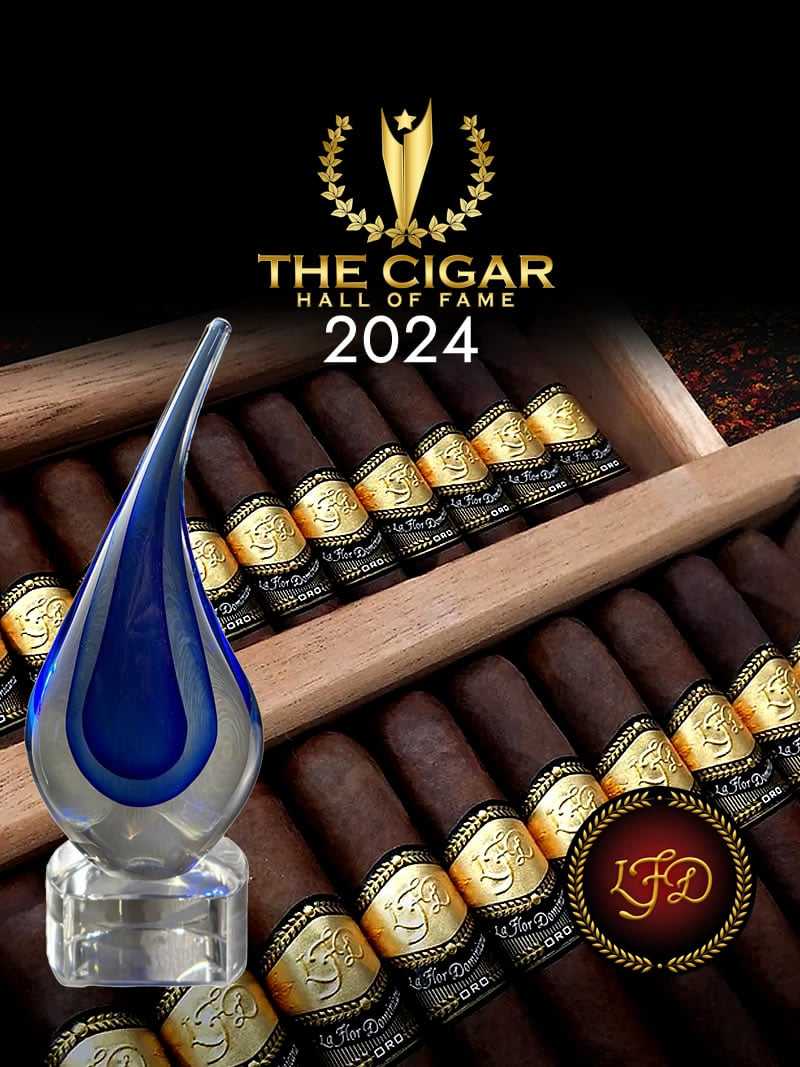Perdomo Cigars
Perdomo traces its roots to the town of San Jose de las Lachas Cuba, about 17 miles
southeast of Havana, where company founder Silvio Perdomo was raised. Perdomo went into the cigar industry as a young man, serving his apprenticeship for Questa Isia in the early 1930's. Silvio Perdomo's son, Nicolas Perdomo Sr., soon followed his father into the cigar-making trade, beginning his apprenticeship in 1948 and later joined his father as an executive at Partagas. He later began work as a top executive at the H. Upman factory, the largest cigar manufacturing facility in Cuba.
Nick Sr. emigrated to the United States with the help of a sponsorship from the Catholic Church. His connection with the cigar manufacturing industry severed, Nick Sr. settled near Washington DC and resumed his life as an immigrant. In 1976, Nick Perdomo Sr. and his family, including son Nicholas Perdomo Jr., moved from Baltimore Maryland, to Miami Florida, to be closer to relatives. Nick Jr. joined the U.S. Navy in which he served as an air traffic controller. Following completion of his military stint, Nick Jr. gained employment in the same field at Miami International Airport.
Nick Jr. felt the urge to follow in the footsteps of his father and grandfather as a cigar maker, despite his industry inexperience. In August 1992, he started a business based out of his garage, marking the beginning of today's Perdomo cigars. In its initial phase, the company employed three rollers with Nick Jr. and his wife Janine, working as Packers. Nick Jr. sought to reject the prevailing trend in the cigar industry, which was skewing towards mild cigars. He instead focused on making a product using wrappers from Ecuador and fillers from Central America, thus changing the flavor of the cigars. This decision proved to be a wise choice as the flood of new cigar smokers in the 1990s developed tastes for spicier products.
By 1997, Perdomo cigars had reached the limits of production at his small Miami facility, and a move was necessitated to eyeball city near Tampa, a historic area for American cigar making. This facility proved unsatisfactory, however, due to the prohibitively high cost of production in the United States. Perdomo also expanded production abroad to Nicaragua during the cigar boom of the 1990s, with Nick Sr. coming out of retirement in 1997 to help open a production facility in Esteli, Nicaragua.
Today, Perdomo cigars is still a family-owned and operated business with agricultural and manufacturing facilities in Nicaragua. The company invests millions of dollars in its cultivation, production, and sales processes and is constantly looking for ways to improve its cigars. Some of the best-selling brands in the world today include Perdomo Habano Bourbon Barrel Aged, Lot 23, Perdomo 30th Anniversary, Perdomo 20th Anniversary and Perdomo 10th Anniversary Champagne.
Today, please join me in welcoming Perdomo cigars into the cigar hall of fame.


